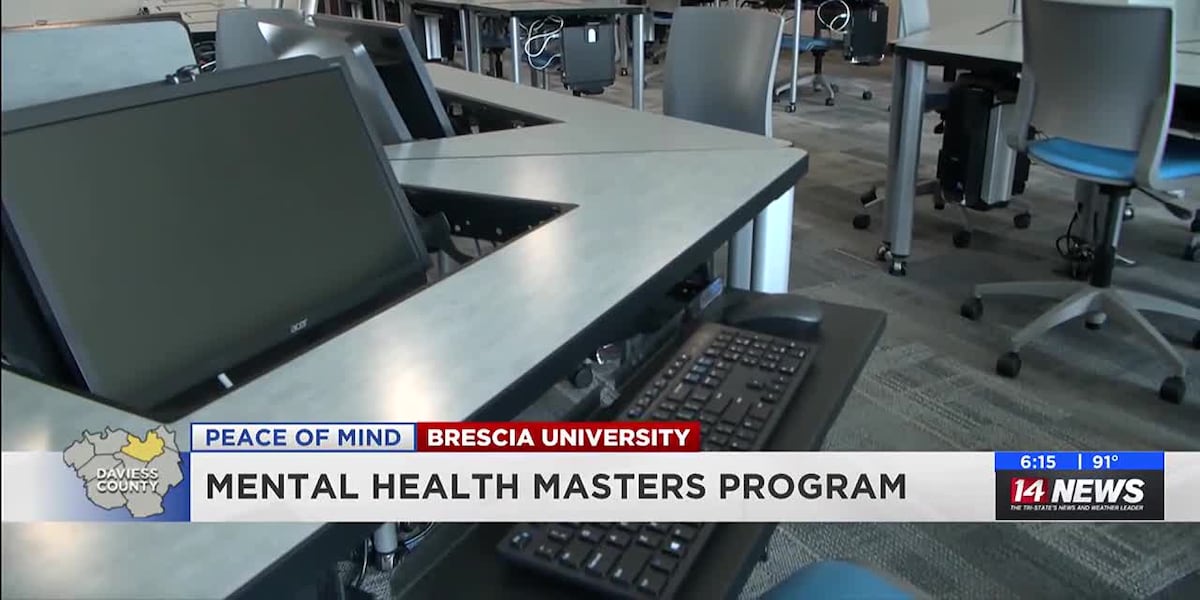Trump's Healthcare Bill Threatens Massachusetts' 'Obamacare Model' and Patient Safety Net

Massachusetts, often hailed as the blueprint for the Affordable Care Act (Obamacare), is facing growing concerns over the potential impact of President Trump’s proposed healthcare bill. Advocates and healthcare professionals across the state worry that the legislation could dismantle the state’s robust health safety net, leaving vulnerable populations without access to essential care.
For years, Massachusetts has been a poster child for successful healthcare reform. The state's 2006 law, championed by then-Governor Mitt Romney, served as a key inspiration for the federal Affordable Care Act. This law significantly expanded health insurance coverage, reduced the uninsured rate, and implemented measures to control healthcare costs. It's a system many point to as proof that universal healthcare coverage is achievable.
However, critics of the Trump administration’s proposed bill argue that it would drastically alter the healthcare landscape, potentially reversing the progress made in Massachusetts and nationwide. Key concerns revolve around proposed cuts to Medicaid funding, the weakening of protections for individuals with pre-existing conditions, and the elimination of subsidies that help low- and middle-income families afford health insurance.
"We've spent years building a system that ensures everyone has access to quality, affordable healthcare,” stated Sarah Miller, Executive Director of the Massachusetts Health Advocates Coalition. “This bill threatens to undo all of that hard work, jeopardizing the health and financial security of millions of Massachusetts residents.”
The potential impact on vulnerable populations is particularly alarming. Children, seniors, individuals with disabilities, and low-income families rely heavily on Medicaid and subsidized health insurance plans. Cuts to these programs could force many to forgo necessary medical treatment, leading to poorer health outcomes and increased financial strain.
Healthcare providers are also voicing their concerns. Hospitals and clinics in Massachusetts, many of which serve a large number of Medicaid patients, fear that reduced funding could lead to service cuts and staffing shortages. This would disproportionately impact communities already facing healthcare disparities.
Furthermore, the proposed changes to pre-existing condition protections raise serious questions about the future of health insurance for individuals with chronic illnesses. If insurance companies are allowed to deny coverage or charge higher premiums based on pre-existing conditions, millions of Americans could be priced out of the market.
While the future of the bill remains uncertain, the debate in Massachusetts highlights the high stakes involved. The state's experience with healthcare reform demonstrates the potential benefits of expanding access to care, and advocates are determined to defend these gains against any attempts to dismantle the system. The fight to protect Massachusetts’ healthcare safety net is not just about the state; it's about safeguarding the principles of affordable, accessible healthcare for all Americans.
The coming months will be crucial as lawmakers debate and potentially vote on the bill. Massachusetts residents are urged to contact their elected officials and voice their concerns about the potential impact on their health and well-being. The legacy of Obamacare's model state hangs in the balance.





